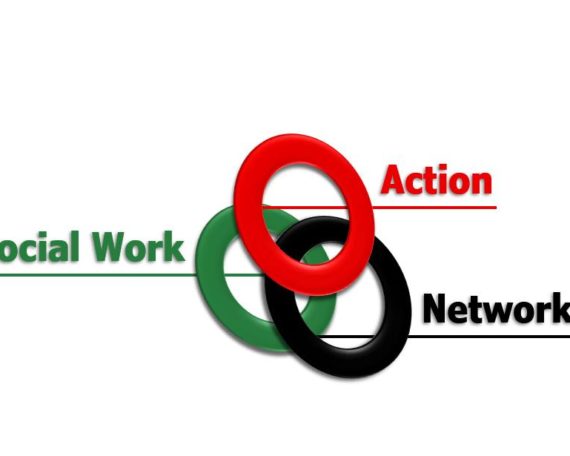Human rights are like the air we breathe and to be deprived of them is death!
Imran A. Mohammed
November 9th 1998 is a very important day in British history because on this day the Human Rights Act received Royal Assent and, on October 2nd 2000 the Act came into force. The Human Rights Act is deeply rooted in British culture and history. The Magna Carta – an English Charter issued in 1215 is the most cited milestone in the history of human rights.
Recently, Navanethem “Navi” Pillay is a South African jurist who served as the United Nations High Commissioner for Human Rights from 2008 to 2014. On Monday 25th April 2016, Navi visited The University of Warwick, United Kingdom (UK) and gave the Global Research Priority on International Development’s annual public lecture, ‘Contemporary Challenges for Justice and Development’. As a PhD student currently studying at the university I attended the lecture. Sitting in the front row listening to Navi talk about her remarkable journey in championing human rights was indeed empowering. Her determination, resilience, belief and commitment to strive forward as one would say “when the chips are down” reminded me of my days as a former social worker.
The widely accepted definition of social work is that approved by The International Federation of Social Workers (IFSW) and International Association of Schools of Social Work (IASSW) in July 2014 as:
“Social work is a practice-based profession and an academic discipline that promotes social change and development, social cohesion, and the empowerment and liberation of people. Principles of social justice, human rights, collective responsibility and respect for diversities are central to social work. Underpinned by theories of social work, social sciences, humanities and indigenous knowledge, social work engages people and structures to address life challenges and enhance wellbeing.
The above definition may be amplified at national and/or regional levels”.
Ruth Stark, the president of the International Federation of Social Workers stated “Social work is a human rights discipline”. Social workers are reminded daily in their practice of the importance of human rights when working with vulnerable adults, young people and children in our society. For example, when providing housing, shelter, arranging a care package, safeguarding young people and children, and when considering a long-term placement.
The Human Rights Act is a very important piece of law for all social workers and should never be underestimated. Despite the Act being one of the most fundamental pieces of law to challenge unfair treatment of basic rights for all human beings, the Conservative government want to “scrap” the Act. It seems preposterous, yet, this Government does not seem to be short of surprises! What next I ask? The Government’s decision to replace the Human Rights Act and produce their own version will increase frustration not just among social workers but the general public too. In a time of so much change, surely, now is the time to reflect on important issues, such as tackling austerity and ensuring that the next generation of social workers are instilled with hope and a prosperous future.
In the midst of so many distractions and indeed continued challenges social workers must remain committed. The social work profession that taught me to stand up for I believed in and I will never turn my back on a profession that gave me a voice! It is our responsibility and incumbent on us all, whether we our former or current practitioners to inform ALL about the important work we do and lives we indeed change! Despite the many adversities that one encounters in their practice, one has to remember that our work cannot stop, rather it must continue in making OUR world a better, peaceful place!
There are many that one can draw inspiration from, but, there is indeed, only one such GREAT voice that deserves the last word, and it must go so fittingly to Navi Pillay, as she states:
“Human Rights is everyone’s business”
Imran A. Mohammed
Ph.D. Student at CENTRE FOR LIFE LONG LEARNING, The University of Warwick, United Kingdom
Imran was a former social worker and now a PhD student at The University of Warwick. He is passionate about Human Rights and strongly believes that conversations about people’s basic rights must never stop!

